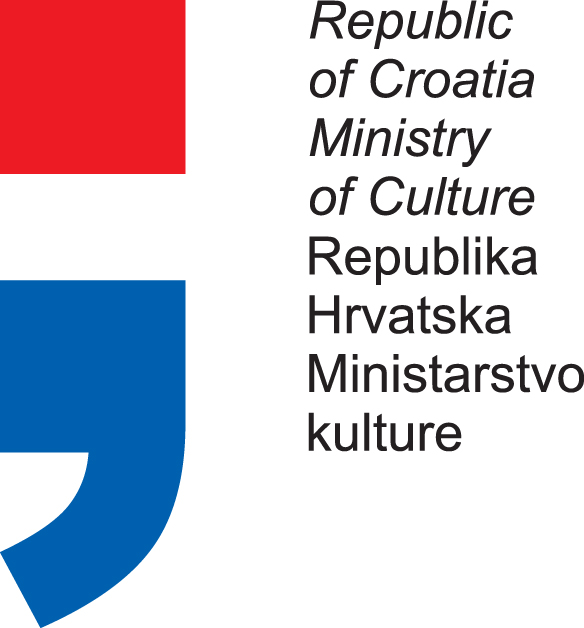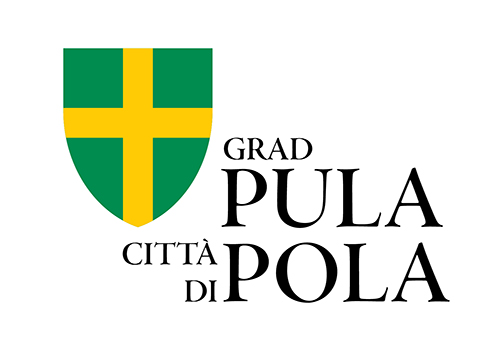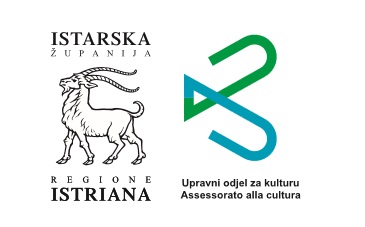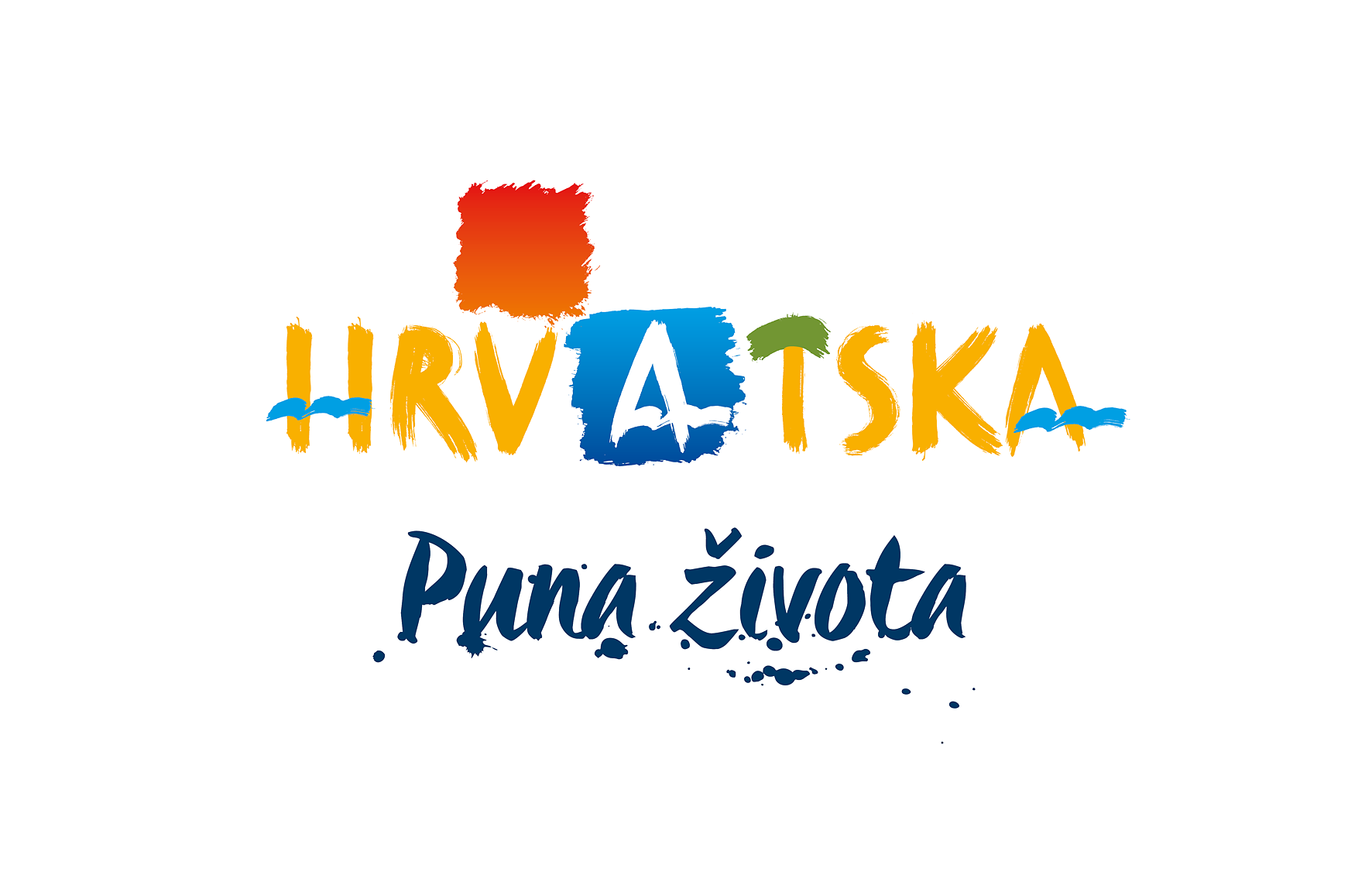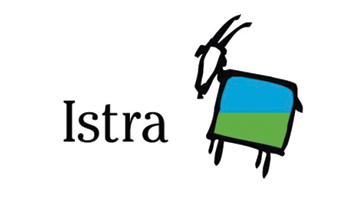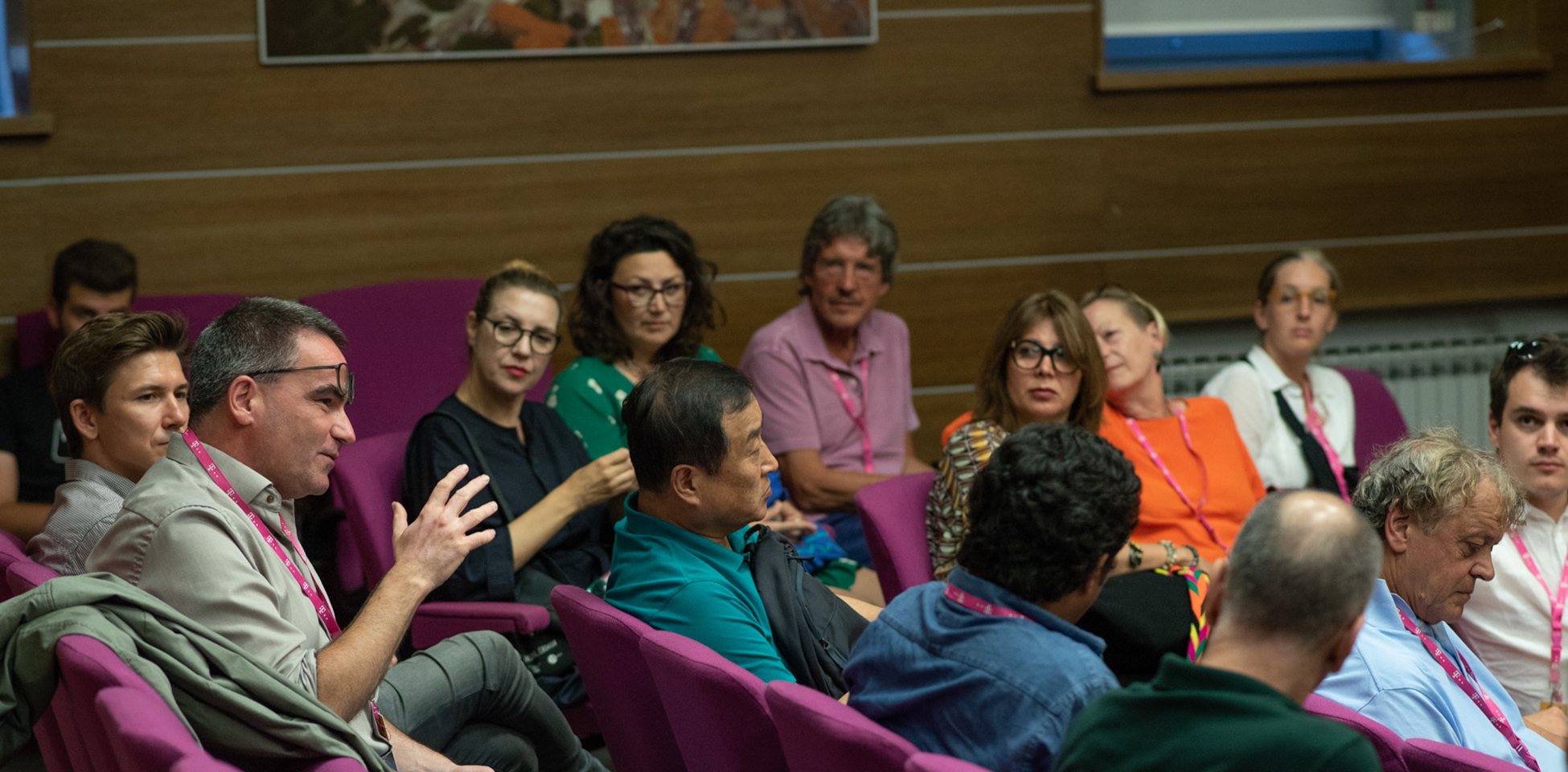
INDUSTRY - INTERNATIONAL PANEL ON CROATIAN FILMS SCREEND AT THE 66th PULA FILM FESTIVAL
At the last panel discussion of the 66th Pula Film Festival, guests of the Industry Programme talked about the Festival’s Croatian Programme. Bernd Buder, programme director of Film Festival Cottbus, who has been coming to Pula Film Festival for two decades and has been following the development of Croatian film, kicked off the discussion. “I have always appreciated the courage of Croatian filmmakers who face numerous challenges in developing projects: creative, logistic and financial challenges. This year’s winner, The Diary of Diana B, is a true example of all the effort being worth it”, he said. He pointed out that there are very little Croatian submissions for Cottbus, and thinks more attention should be given to marketing and sales of films towards festivals that are not necessarily A category.
Michelangelo Messina, artistic director of Ischia Film Festival, really liked the winning film, and said he would not like to compare it to Schindler’s List, but to Spike Lee’s Miracle at St. Anna. He appreciates the message of the film, the way that it has been filmed, and the way in which the documentary and live action material has been integrated. Loic Magneron, president of Wide Management, said the awards the film has received will definitely help with international sales and will show the direction in which distribution will go. “The film can create a lot of international interest”, he added.
Zlatko Vidačković, artistic director of Pula Film Festival, said that a large number of films in this year’s programme have had good ratings in cinemas, or have, in case of premieres, created a lot of interest among filmgoers. Vidačković mentioned that in 2005, when he started his career as artistic director of Pula Film Festival, there were only 6 submissions for Croatian film and none for co-productions; and this year, there were 26 submissions for the Croatian Programme (14 Croatian films and 12 co-productions).
Mihai Chirilov, artistic director of Transilvania Film Festival, said the screenings of films in the main programme take place under the stars at Transilvania Film Festival as well (at the main square), and that he, too, is facing the challenge of selecting films that will satisfy a large number of viewers at a location of that kind. He also said that Pula Film Festival will look different when Croatia is going to have 40 national films a year, as it will not be able to screen all submitted films. “That’s the challenge I am currently facing.”
Christian Jeune, director of the Film Department of Cannes Film Festival, said: “The Diary of Diana B is a film that needs to be screened. It is a very important topic. Although I think the live action parts of the film are not as strong as the documentary parts, I understand why it received the audience award; it’s definitely a film to be talked about.” He added that based on the films that he has seen, he thinks filmmakers still need to work on becoming more attractive to the international market.
Ewa Bojanowska, representative of New Europe Film Sales, said seeing the directions the films are taking is very interesting, as they are very different, even though they talk about similar topics. “It’s very nice to see that the main programme includes a film for children as well”, she said.
Jay Jeon, festival director of the largest Asian film festival - the one in Busan, brought the discussion to a close: “The best way forward for the Festival and Croatian film is to get the number of productions up. Quantity leads to quality. In 1980, the situation with
film in Korea was similar to Croatia’s - very little production and political themes. All of the producers focused only on the domestic market, not international festivals. In 1976, a representative of Cannes Film Festival came to Seoul and nobody wanted to meet him”, he said and added: “I am considering 3 Croatian films for this year edition of Busan Film Festival, and I really hope at least one of them makes it into the programme”.


